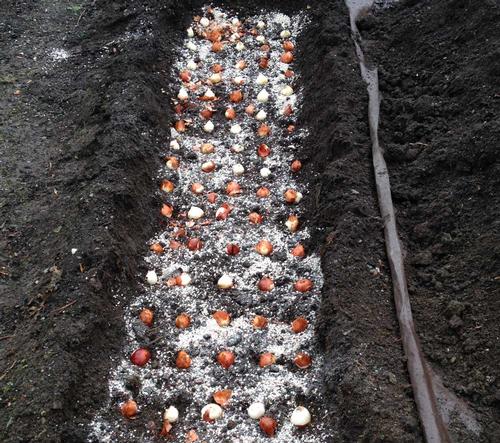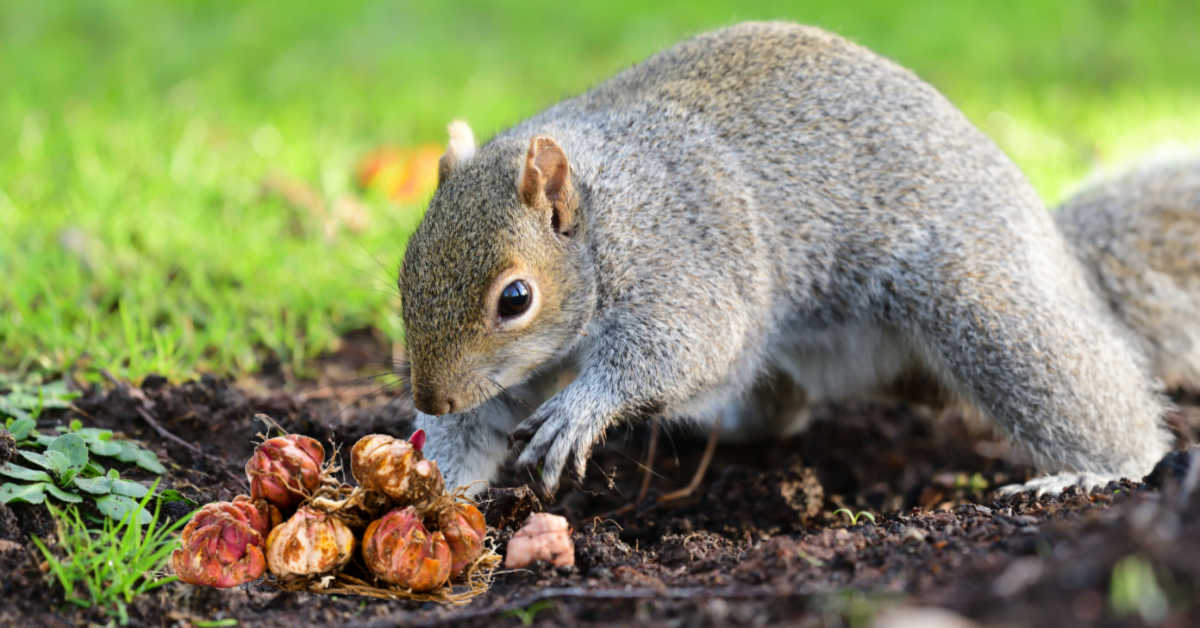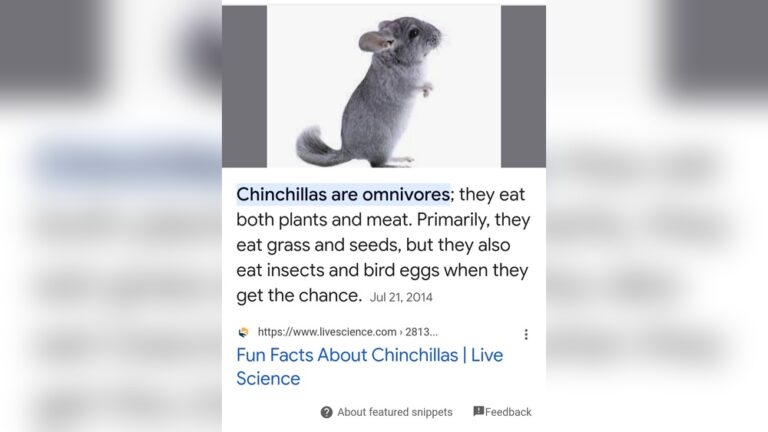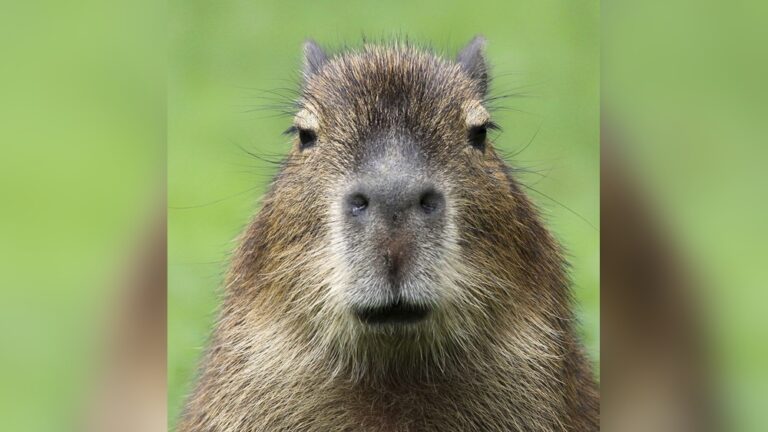Keep Rodents From Eating Tulip Bulbs: Proven Tips That Work
Are you tired of planting beautiful tulip bulbs only to find them chewed up by pesky rodents? You’re not alone.
Protecting your tulips from hungry critters can be frustrating, but there are simple, effective ways to keep those nibblers at bay. Imagine enjoying vibrant blooms all season long without worrying about your hard work being destroyed. Keep reading to discover easy tips that will save your tulip bulbs and bring color back to your garden.
Why Rodents Target Tulip Bulbs
Rodents often dig up tulip bulbs and eat them. They do this because bulbs offer an easy and rich food source. Tulip bulbs store nutrients that rodents need, especially in cold months. Understanding why rodents target these bulbs helps protect your garden better.
Common Rodent Species
Several rodents cause damage to tulip bulbs. Mice are small but can eat many bulbs quickly. Voles create tunnels and eat bulbs underground. Squirrels also dig up bulbs to eat or store. Each species has its way of finding and eating bulbs.
Attraction To Bulbs
Tulip bulbs are soft and full of nutrients. Rodents are attracted to the smell and taste. Bulbs provide energy that rodents need for survival. They are easy to find under loose soil. This makes tulip bulbs a favorite snack for many rodents.

Credit: www.longfield-gardens.com
Signs Of Rodent Damage
Knowing the signs of rodent damage helps protect tulip bulbs. Early detection stops bigger problems. Rodents leave clear marks around your garden. Spotting these signs lets you act fast.
Visible Bulb Damage
Rodents chew tulip bulbs to eat the soft parts inside. Chewed bulbs look torn or have bite marks. You may find half-eaten bulbs in the soil. Damaged bulbs often fail to grow or bloom.
Soil Disturbance
Rodents dig small holes near tulip beds. The soil looks loose or moved around. You may see fresh dirt piles or tunnels. These signs show rodents are searching for bulbs below.
Rodent Droppings And Tracks
Small dark droppings near tulips show rodent activity. Tracks or footprints appear in soft soil or mulch. These clues tell you rodents are nearby. Watch for these signs especially at night.
Physical Barriers To Protect Bulbs
Protecting tulip bulbs from rodents is easier with physical barriers. These barriers block pests from reaching and eating the bulbs. Using the right materials and planting methods creates a strong defense. This section explains simple ways to keep bulbs safe using physical barriers.
Wire Mesh And Hardware Cloth
Wire mesh and hardware cloth are excellent for keeping rodents away. These materials have small holes that rodents cannot pass through. Cut the mesh into squares large enough to cover bulb areas. Place the mesh over the soil before planting the bulbs. This creates a shield rodents cannot chew through or dig under.
Use galvanized wire mesh to avoid rust and last longer. Secure the edges by burying them a few inches deep. This stops rodents from digging beneath the barrier. Wire mesh also allows water and air to reach the bulbs. It keeps the soil healthy while protecting the plants.
Planting Depth And Placement
Plant tulip bulbs deeper than usual to keep them out of reach. A depth of 6 to 8 inches is often enough to deter rodents. The deeper bulbs are harder for pests to find and dig up. Place bulbs in well-drained soil to avoid rot and attract less rodents.
Choose planting spots away from rodent shelters like wood piles. Open, sunny areas reduce rodent activity near bulbs. Group bulbs together to create a stronger barrier with fewer gaps. This makes it harder for rodents to get to individual bulbs.
Natural Deterrents
Natural deterrents help keep rodents away from tulip bulbs without harmful chemicals. They use simple, eco-friendly methods to protect your garden. These options work by confusing or repelling rodents, making your tulips safe and healthy.
Companion Planting
Plant strong-smelling herbs near tulips. Garlic, chives, and onions are good choices. Their scent masks the bulbs’ smell and scares rodents away. Marigolds also help by attracting beneficial insects and deterring pests. This method creates a natural barrier around your tulips.
Scent Repellents
Rodents dislike certain smells. Peppermint oil is a popular scent repellent. Soak cotton balls in peppermint oil and place them near bulbs. Other scents like eucalyptus and citronella also work well. These smells keep rodents from digging up your tulips.
Chemical Solutions
Chemical solutions offer effective ways to keep rodents from eating tulip bulbs. These methods protect your garden by using substances that rodents dislike or cannot tolerate. You can choose from repellents that keep rodents away or rodenticides that control their population.
Safe Rodent Repellents
Safe rodent repellents use natural or mild chemicals to drive rodents away. They often contain ingredients like peppermint oil, garlic, or predator urine. These scents irritate rodents and stop them from digging around bulbs.
Apply repellents around tulip beds regularly for best results. They do not harm plants or pets and are safe for the environment. Keep in mind that repellents need reapplication after rain or watering.
Use Of Rodenticides
Rodenticides are chemical poisons designed to reduce rodent numbers quickly. Use them carefully to avoid harm to pets and wildlife. Place rodenticide baits in secure bait stations near tulip beds.
Follow all label instructions and safety guidelines strictly. Rodenticides work best combined with other control methods like traps and repellents. Avoid overuse to prevent resistance and environmental damage.
Habitat Management
Habitat management plays a vital role in protecting tulip bulbs from rodents. By changing the environment around your garden, you can make it less inviting for these pests. Simple steps can reduce hiding spots and food sources for rodents.
Removing Rodent Shelters
Rodents like to hide in tall grass, wood piles, and dense bushes. Clearing these areas removes their safe places. Cut back overgrown plants and move wood piles away from your tulip beds. Keep garden edges tidy to reduce rodent shelters.
Maintaining Garden Cleanliness
Clean gardens attract fewer pests. Remove fallen leaves, old plant debris, and trash regularly. Keep the soil surface free of clutter where rodents can hide. Store compost and mulch away from tulip areas. A neat garden discourages rodents from settling nearby.
Trapping Techniques
Trapping techniques help protect tulip bulbs from hungry rodents. These methods catch rodents before they damage your garden. Use traps carefully to keep your bulbs safe. Trapping can be humane or quick, depending on the trap type. Each trap has its own way to catch rodents.
Live Traps
Live traps catch rodents without hurting them. Place bait like peanut butter inside the trap. When a rodent enters, the trap door closes behind it. Check traps daily to release rodents far from your garden. Live traps are good for those who want a gentle way to control pests.
Snap Traps
Snap traps kill rodents instantly. Set bait on the trigger to attract them. Place traps near tulip beds or rodent paths. Use caution when setting snap traps to avoid injury. These traps work fast and reduce rodent numbers quickly. They protect bulbs by stopping rodents before damage occurs.
:max_bytes(150000):strip_icc()/protecting-bulbs-from-squirrels-2539825_V2-f3f5fbcc4f7840ef80f5d4cd6e16602e.png)
Credit: www.thespruce.com
Timing And Seasonal Tips
Timing plays a big role in protecting tulip bulbs from rodents. Planting bulbs at the right time can reduce the chance of damage. Knowing when rodents are most active helps gardeners take smart steps. Seasonal tips guide you to keep bulbs safe through the year.
Best Planting Times
Plant tulip bulbs in late fall. The soil is cooler, and rodents are less active. This timing helps bulbs settle before winter. Avoid planting too early. Warm soil can attract rodents looking for food. Late fall planting gives bulbs a better chance to grow strong roots.
Monitoring Rodent Activity
Watch for signs of rodents near your garden. Look for small holes or tracks in the soil. Check bulbs regularly for bite marks. Keep an eye especially in early spring. Rodents search for food as natural sources become scarce. Early detection lets you protect bulbs before damage happens.

Credit: thegardeningcook.com
How Smart Pets Lover Can Help You with Keep Rodents From Eating Tulip Bulbs
Learning Through Protecting Tulip Bulbs From Rodents
Understanding how to keep rodents from eating tulip bulbs opens up practical lessons in habitat management and natural deterrents—topics we’ve touched on earlier. By observing signs of rodent damage, you become more attuned to subtle changes in your garden’s ecosystem, much like how caring pet parents notice small shifts in their pets’ behavior. Implementing physical barriers or using natural deterrents not only protects your bulbs but also teaches patience and attentiveness, qualities valuable both in gardening and pet care.
At Smart Pets Lover, where every wag, purr, and chirp tells a story, we appreciate how these learning moments deepen your connection to the natural world. Whether you’re managing a garden or nurturing a pet, these hands-on experiences foster responsibility and empathy. For additional advice on creating rodent-resistant spaces or understanding animal behavior, you’re always welcome to reach out to our community through our contact page—because informed care makes all the difference.
Frequently Asked Questions
How Can I Prevent Rodents From Eating Tulip Bulbs?
Use physical barriers like wire mesh around bulbs. Plant bulbs deeper in soil and use natural repellents to deter rodents effectively.
What Natural Repellents Keep Rodents Away From Tulips?
Castor oil, garlic spray, and peppermint oil repel rodents. Apply these around tulip beds to protect bulbs naturally and safely.
Are There Safe Methods To Protect Tulip Bulbs From Rodents?
Yes, use wire cages, ultrasonic repellents, and natural deterrents. These methods protect bulbs without harming rodents or the environment.
Why Do Rodents Eat Tulip Bulbs?
Rodents eat bulbs for nutrition and shelter. Tulip bulbs are soft and rich in nutrients, attracting them especially in cold seasons.
Conclusion
Protecting tulip bulbs from rodents takes simple steps and care. Use barriers like wire mesh or plant bulbs deeper. Natural repellents and clean garden areas help keep pests away. Regular checking helps catch problems early. Healthy soil and strong bulbs resist damage better.
Enjoy bright tulips without worry by staying consistent. Your garden will thank you with beautiful blooms every spring. Small efforts now save time and frustration later. Keep your tulips safe and your garden happy.






